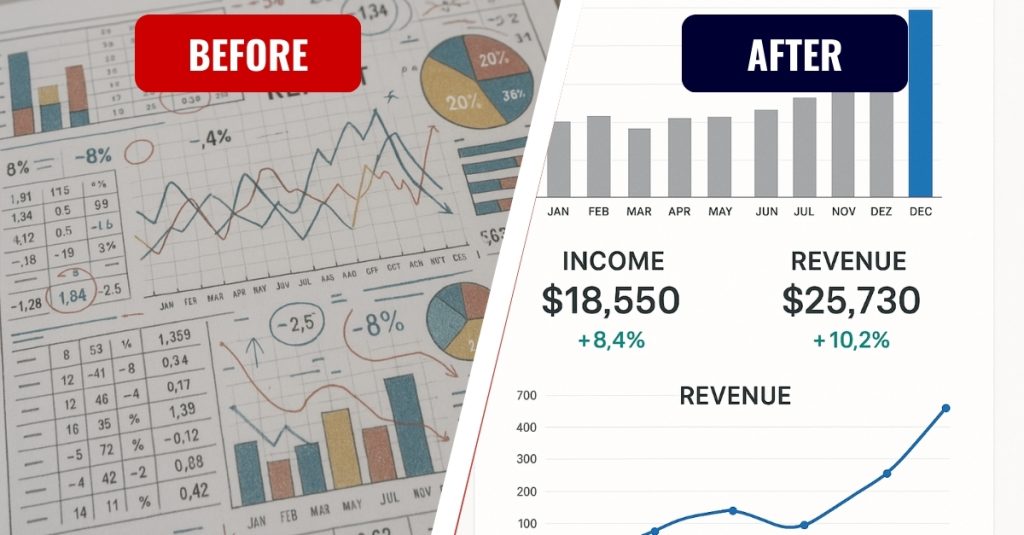Less paperwork, less stress, more clarity. That’s the idea behind the new amendments to FRS 119 announced by ACRA’s Accounting Standards Committee.
But what does it mean for your company when filing your Annual Information Return or preparing your Balance Sheet? Let’s break it down in a simple Q&A.
Who benefits?
-
- Subsidiaries without public accountability
-
- Small entities that meet simple size tests
In short: if you’re not listed, not a charity, and run a relatively lean operation, ACRA’s amendment may let you save time and costs when filing reports like the Annual Information Return.
How do you qualify?
To count as a small entity without public accountability, you must:
-
- Not be a public company or charity
-
- Publish financial statements for external users
-
- Meet at least 2 out of these 3:
-
- Revenue ≤ S$10 million
-
- Assets ≤ S$10 million
-
- Employees ≤ 50
-
- Meet at least 2 out of these 3:
Quick Tip: If you fall under these boxes for two years in a row, you’re in – and you can adopt the simplified disclosures that ACRA now allows.
What’s the catch?
-
- It’s voluntary – you decide if the benefits outweigh the switch.
-
- If your size changes and you no longer meet the tests, you may lose eligibility.
-
- Timing matters: if you’re already on SFRS for Small Entities, moving now might save you future headaches when rules tighten in 2027.
For companies preparing their Annual Information Return, this means planning ahead and aligning your filing strategy with ACRA’s new framework.
What’s changing in practice?
-
- 64% fewer disclosures to prepare
-
- 4–5 fewer pages in financial statements
-
- A cleaner Balance Sheet that’s easier for investors to understand
In other words: Same quality, less clutter – and reporting that keeps both ACRA and your stakeholders satisfied.

Singapore isn’t alone. Australia and New Zealand already use similar “tiered” systems for small entities. These changes align with IFRS 19, so your reports stay globally comparable.
“Reduced disclosure doesn’t mean reduced accountability — it means smarter compliance.”
With ACRA leading the way, companies in Singapore now have more flexibility when preparing their Annual Information Return and other filings.
FRS 119 Eligibility Checklist
-
- Not a public company or charity
-
- No public accountability (e.g., no listed shares, not a bank or insurer)
-
- Publish general-purpose financial statements
-
- Meet at least 2 of 3 size tests (Revenue ≤ S$10m, Assets ≤ S$10m, Employees ≤ 50)
-
- Criteria met for 2 consecutive years
If yes → You qualify for ACRA’s reduced disclosure option under FRS 119.
Next Steps
-
- Check your eligibility using the checklist
-
- Decide with your accountant if reduced disclosures make sense for your filings
If you’re small, why carry a big reporting burden? With ACRA’s amendments to FRS 119, your Annual Information Return and Balance Sheet just got leaner, smarter, and more cost-effective.
